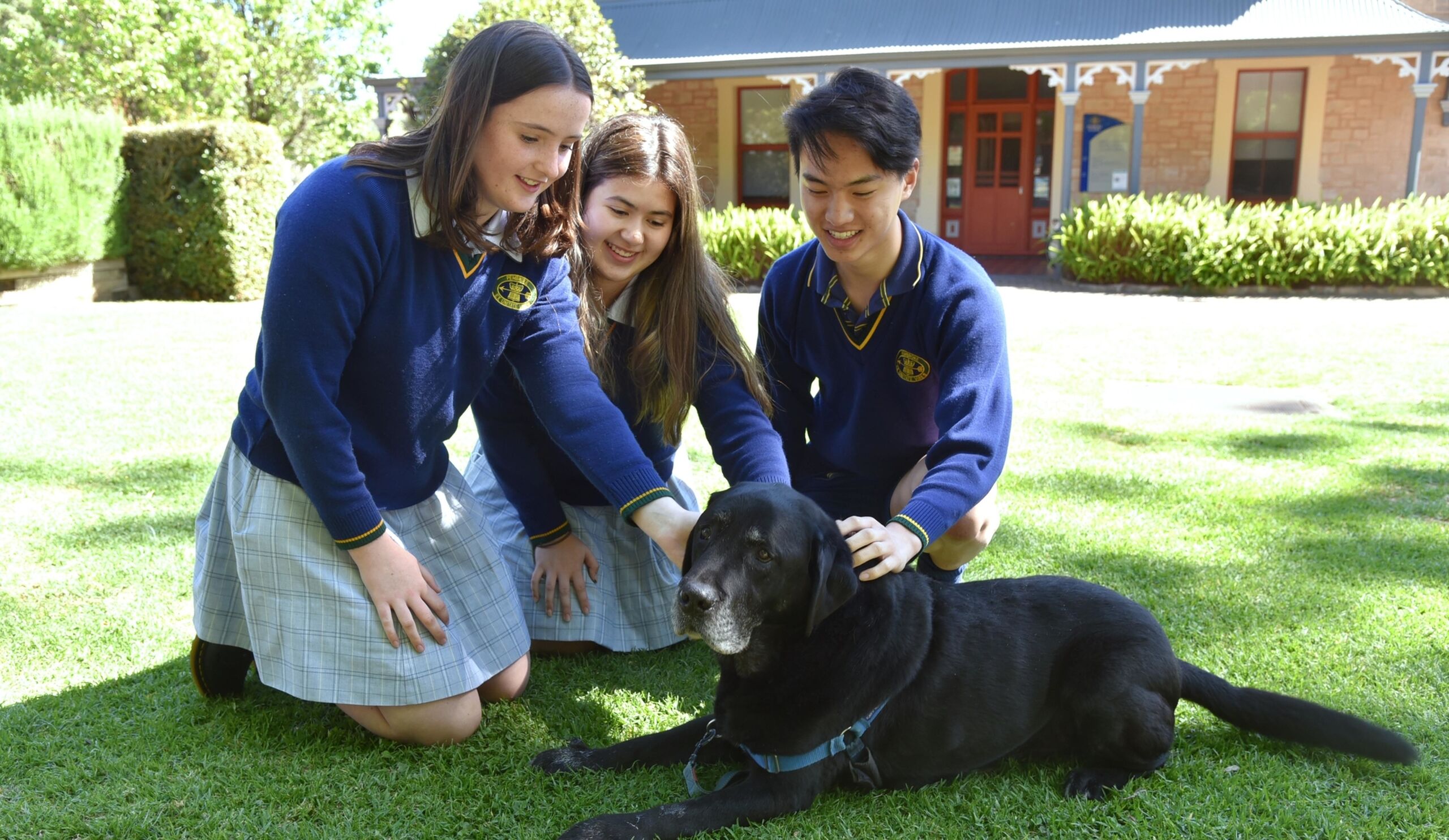21 December 2021
I was fit, healthy and open to the mysteries and muses accompanying life, not defensive or anxious, when I was a child. My sense of wellbeing was fed by feelings of safety, security and love. My surroundings were magical. My confidence that there were in fact wondrous opportunities that came from trying new experiences was true and often reinforced.
It was in my early teens when things started to change. I went to boarding school from age 11 and had to navigate new relationships, unfamiliar places and different ideas. They were relationships I did not choose. I navigated some by signing up to behaviour I soon regretted, and others by compromising key values I now hold dear. I was homesick and the expectations of others began to weigh heavily on me. Home and all that it represented was forever more, as it turned out, accessed on holidaysвҖ”until Mrs Thomson and I chose to build a new idea of home.
The political machinations of institutional life became challenging. My parents were staff of a section of the school I went to. I felt confused. Loyalty to kin was disloyalty to others. The unconditional love I felt for my parents, experienced in childhood, was suddenly challenged by the conditional love others had for them. I was growing up and it felt complex and sometimes extremely uncomfortable.
This is a universal story, of course. The details are different and to each unique, but the inevitable and emerging realisation that you are no longer a child and must adjust, or not as the case may be, to the adult roles and responsibilities valued in your culture is demanding. The transition from childhood to adulthood is, to use Jungian terms, to вҖҳharshly put an end to the dream of childhoodвҖҷ. I was not aware of it at the time, but on reflection I did not want this to happen. The experience of childhood for me was so wonderful. I was letting go of a lot and I intuited that you canвҖҷt go back.
Yet, the promise of adulthood was not without its appealвҖ”it was just difficult for me to develop my character in a way that withstood contradiction and potentially contribute meaningfully, at least sensibly, to all the paraded complexities of adulthood.
I now think that just being an adolescent was resilience! I was not conscious of it at the timeвҖ”that awakening was marked for adulthood. I now think that not experiencing resilience can be as important as experiencing itвҖ”although it can take a lifetime to know that. Submitting to oneвҖҷs own inadequacies, fears and anxieties also provides essential wisdom. At our most robust we hold our fears and anxieties in balance; at our most vulnerable we sense an imbalance, and meaning tumbles away.
Resilience is one of many ingenious and indispensable strategies that we employ to face life. When we experience resilience we can for a moment cope with contradictions and opposing forces. We are elastic. We are open.
I see students experiencing degrees of resilience every day, from little to tonnes. They all have it. I get most excited when they begin to be aware of itвҖ”when they offer hints of the bits of their adult character they wish to develop and test, and those they choose to leave well alone for the time being. It is endlessly fascinating and exciting.
Fear not for the next generation. They get resilience.
Luke Thomson
Principal


